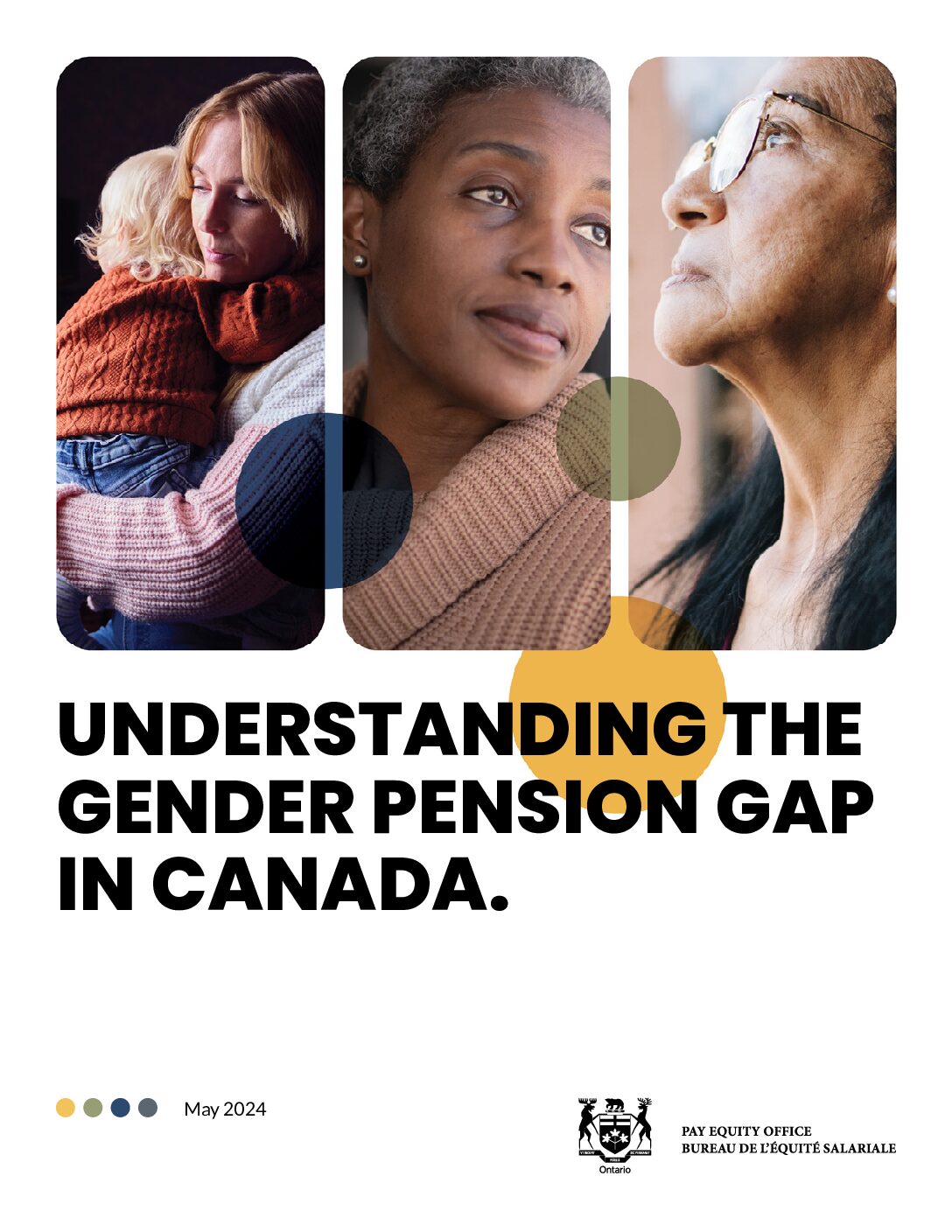Investing in People : Social Protection for Indonesia’s 2045 Vision
By Holmemo, Camilla Acosta, Pablo, George, Tina Palacios, Robert J. Pinxten, Juul Sen, Shonali, Tiwari, Sailesh
The Government of Indonesia’s Vision for 2045 sets an ambitious path that will require significant investments in human capital and social protection Indonesia continues to set ambitious goals for its growth and development. The Government of Indonesia’s (GoI) vision for 2045—when the country celebrates 100 years of independence—is to achieve high income status and reduce poverty to nearly zero. In addition to sustained growth and income opportunities for all, an inclusive and efficient social protection (SP) system will be essential to meet these ambitious goals. In most countries today, effective risk-sharing and SP policies play important roles in building equity, resilience and opportunity, and in strengthening human capital. Indonesia is no different. Risk sharing interventions can reduce and prevent poverty, and make growth more equitable by safeguarding households’ human and physical capital. Over the past two decades, Indonesia’s SP system has been fundamentally transformed. In particular, it has moved from the dominance of regressive consumer subsidies and ad-hoc crisis response to targeted and household based social assistance programs, with a massive coverage expansion. In terms of social insurance, recent years have seen an ongoing building and integration of its policies and institutions. This has all been made possible through better spending allocations and a build-up of the needed platforms to deliver programs effectively and efficiently.
Get the book here










